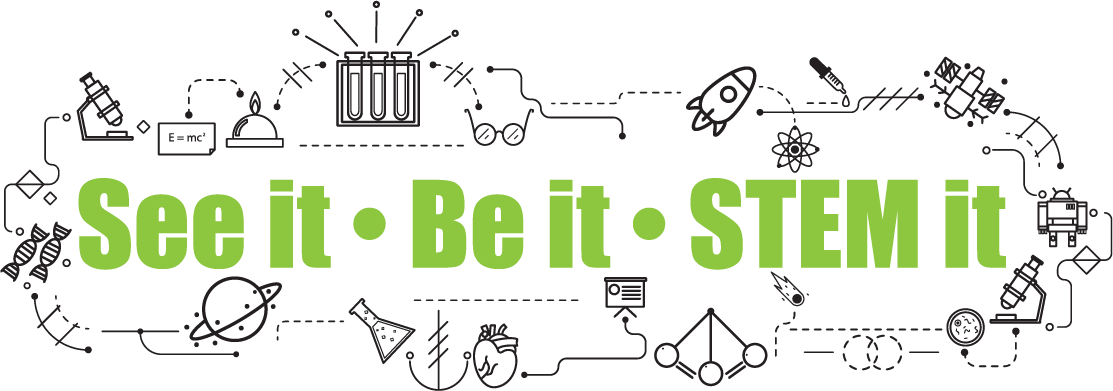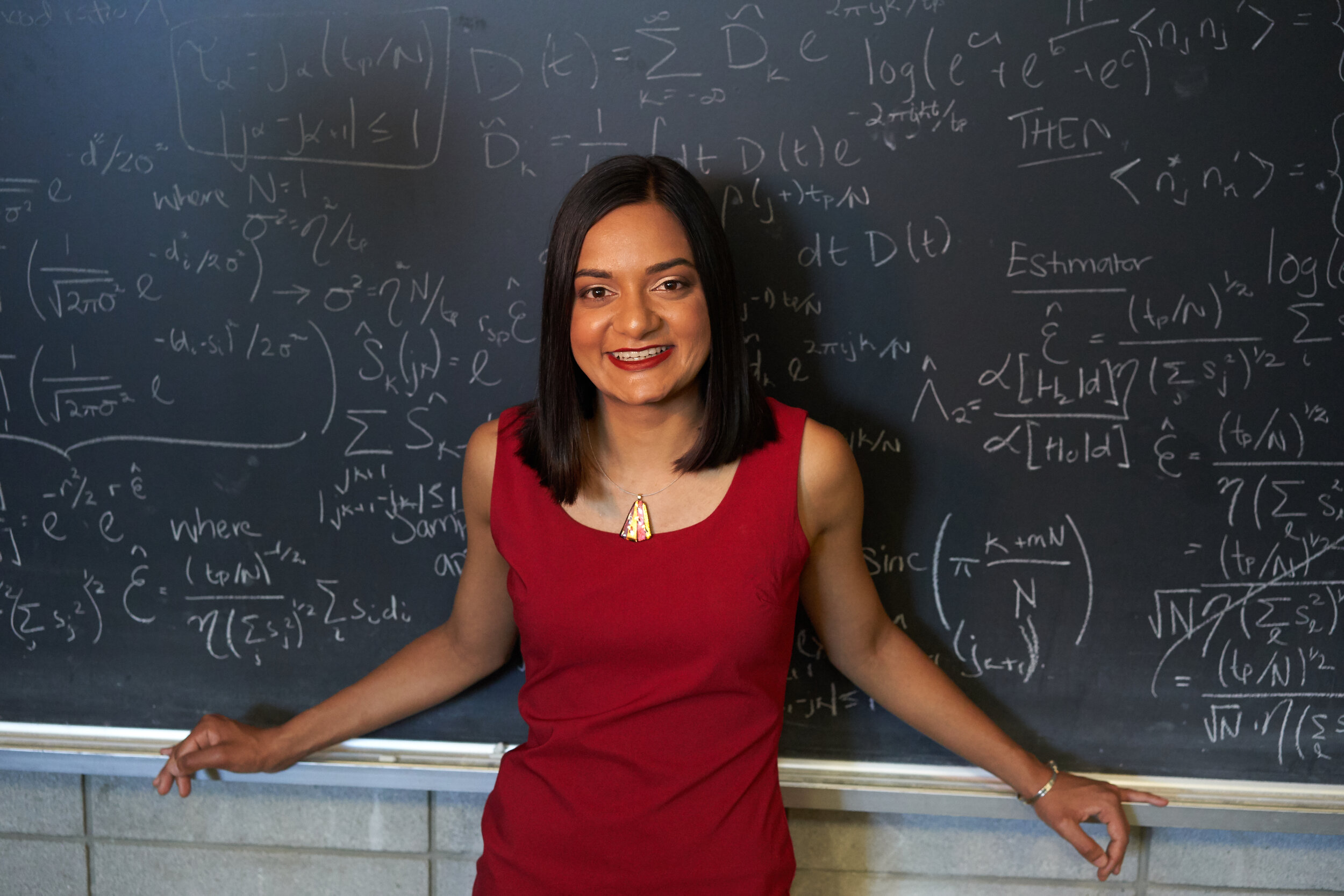Meet Maya
Maya Burhanpurkar is currently pursuing her Bachelor of Science in Computer Science and Physics at Harvard University. This past summer, she worked as a Summer Undergraduate Researcher at the Perimeter Institute for Theoretical Physics. In her spare time, she loves to learn.
BSc Candidate, Computer Science and Physics, Harvard University
Summer Undergraduate Researcher at the Perimeter Institute for Theoretical Physics
When did your love of STEM begin?
I think. I've always been really curious. I used to ask my parents questions constantly. Why is the sky blue? How do cars work? Why are there seasons? All sorts of questions like that. I think that eventually I started to ask questions that people didn't have answers to. And that of course lends itself really nicely to the scientific method.
What did you love most about study in your field of STEM?
I think what I enjoy most about studying science is that you get to ask me most fundamental questions. I mean in physics, in particular, there is there is no more fundamental question you can ask then questions that physicists get to ask on a daily basis. Why is the universe here? How did it get here? What are the particles that make up the smallest possible things in the universe? What are the largest possible things in the universe? I think that these are just such grand and interesting questions to be able to answer those with your own brain is absolutely wild. So I think that's what's really really lovely about science.
What advice would you give to young women considering a career in STEM?
My advice for a young woman considering a career in STEM would be to pursue your passion aggressively. I think it's depending on what the situation is there. They're all I mean there will always be things that you think are obstacles and roadblocks. But I think it's important to just work as hard as you possibly can and as long as you do that then you'll be able to get around those roadblocks and those obstacles because people will know just how good you are because of how hard you work. So I think that's what my biggest piece of advice would be, to work really, really hard.
“What I think is really interesting about doing the work that I do has the potential to really really help people in 100 or 200 years.”
-Maya





